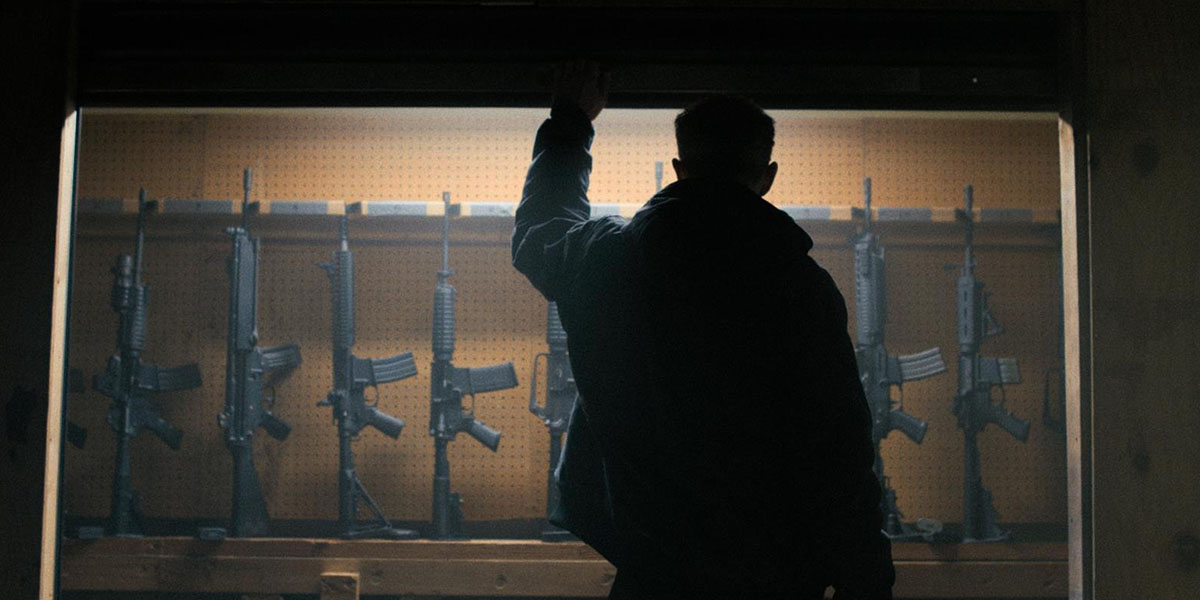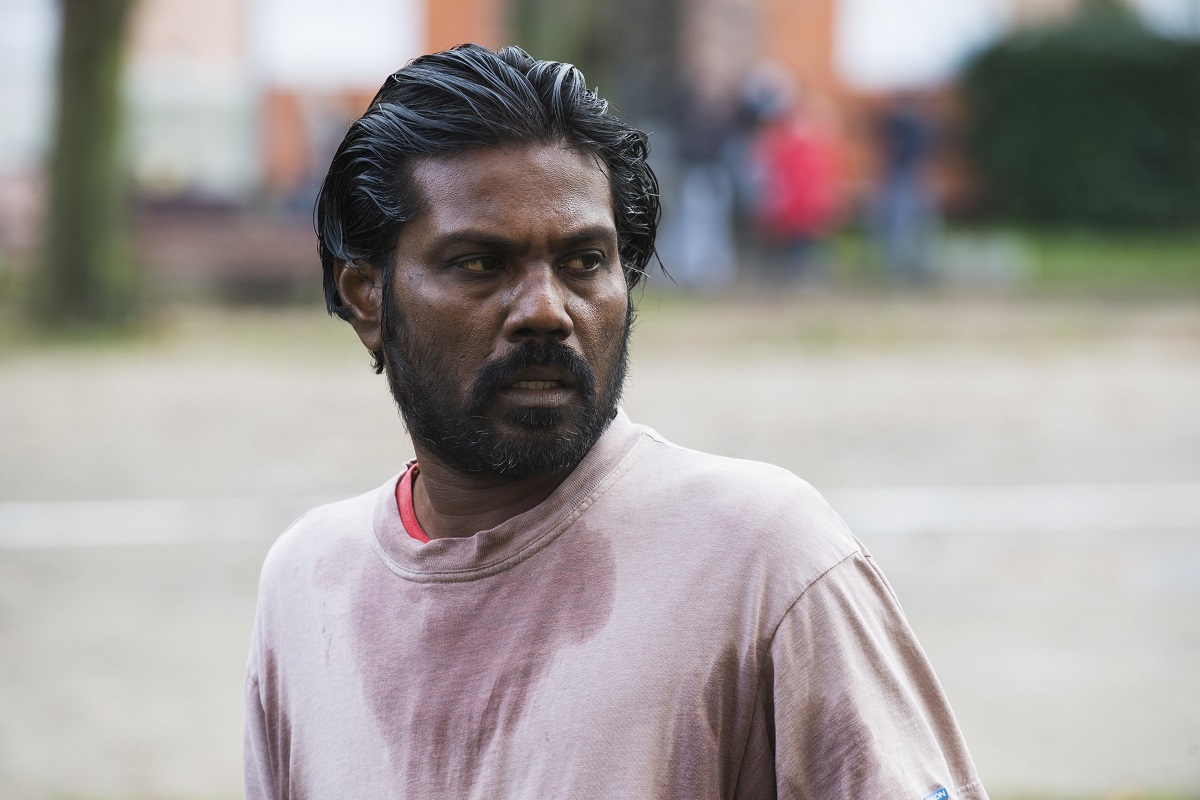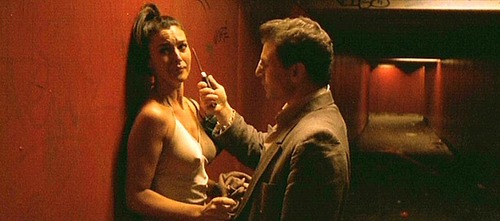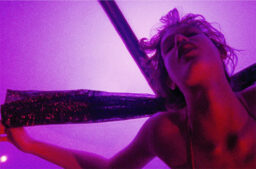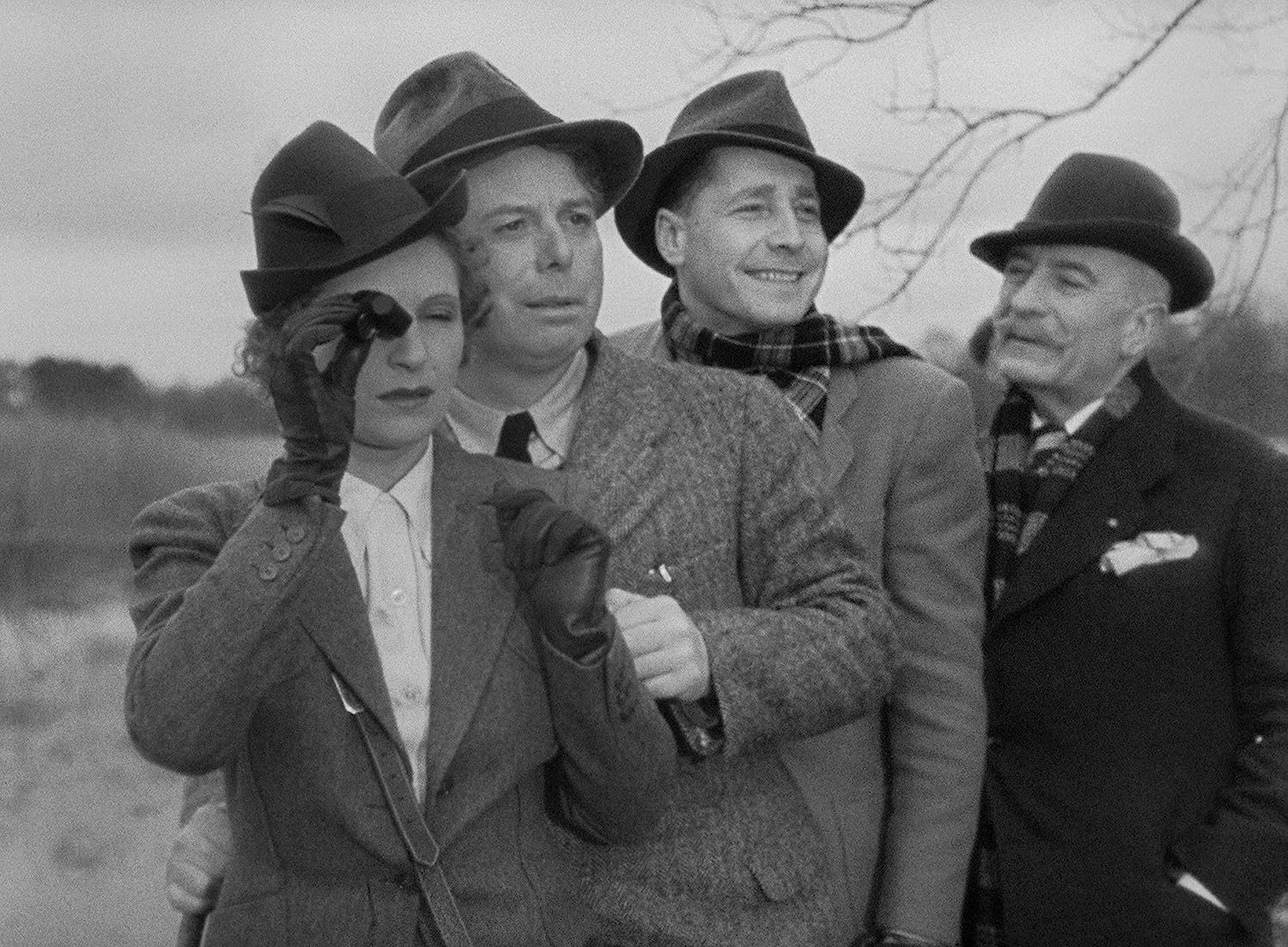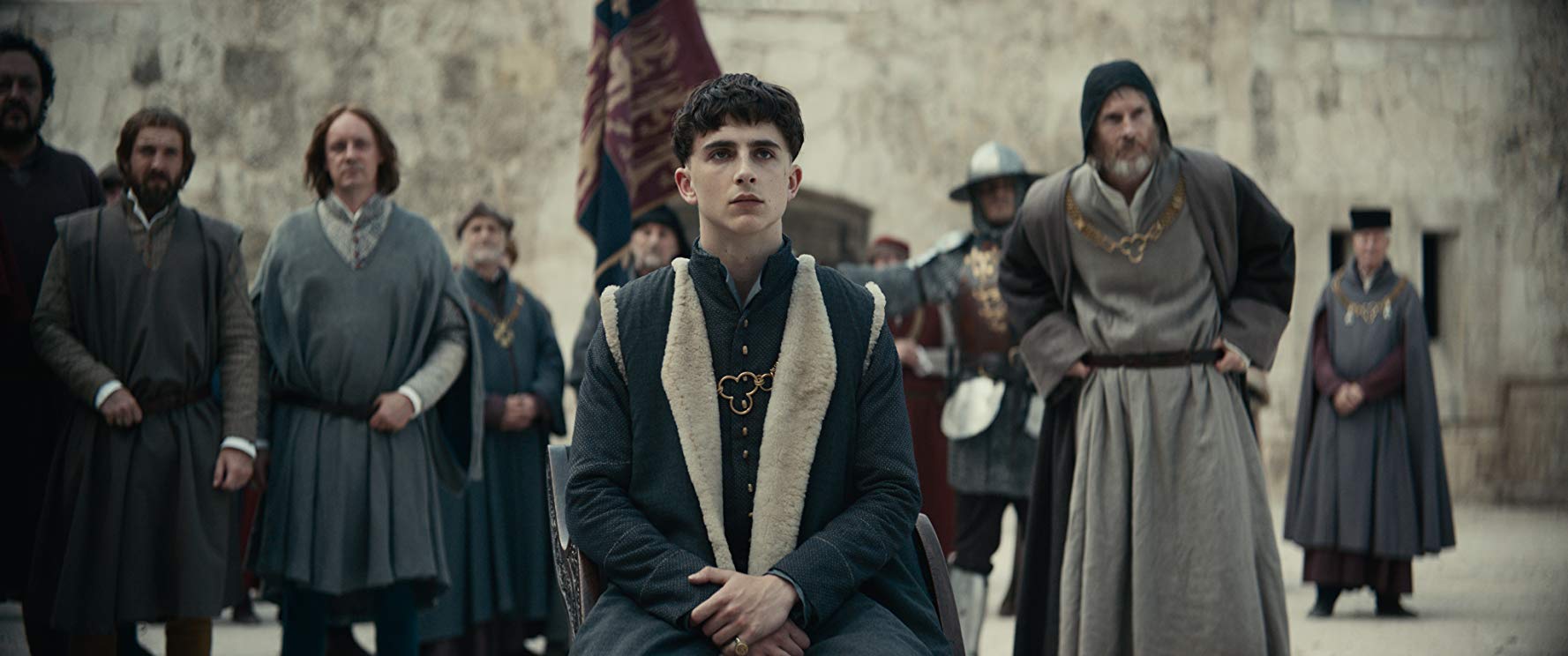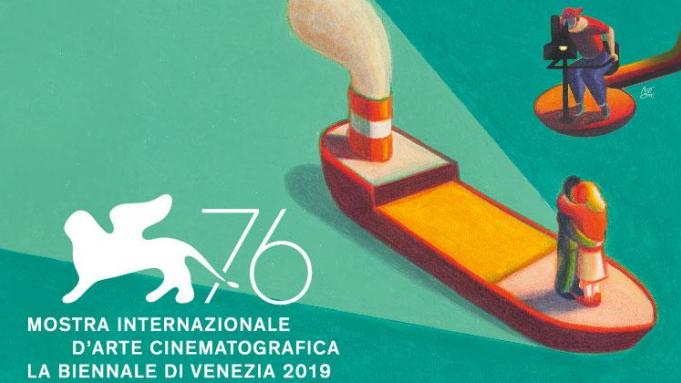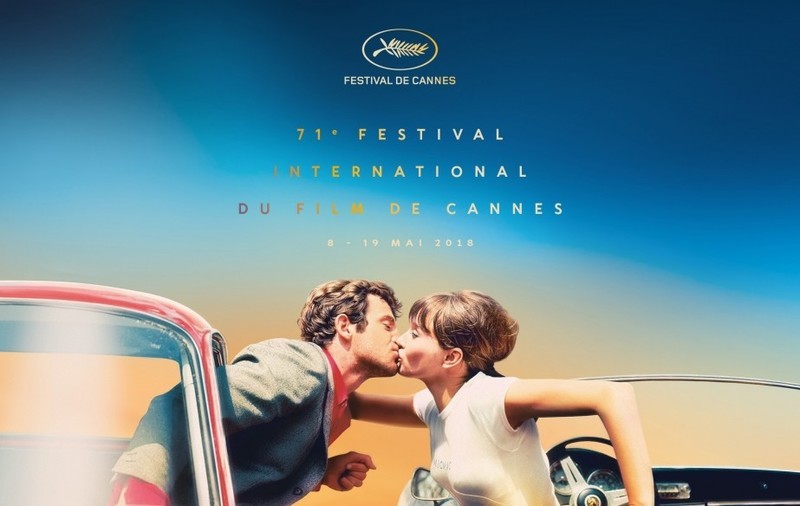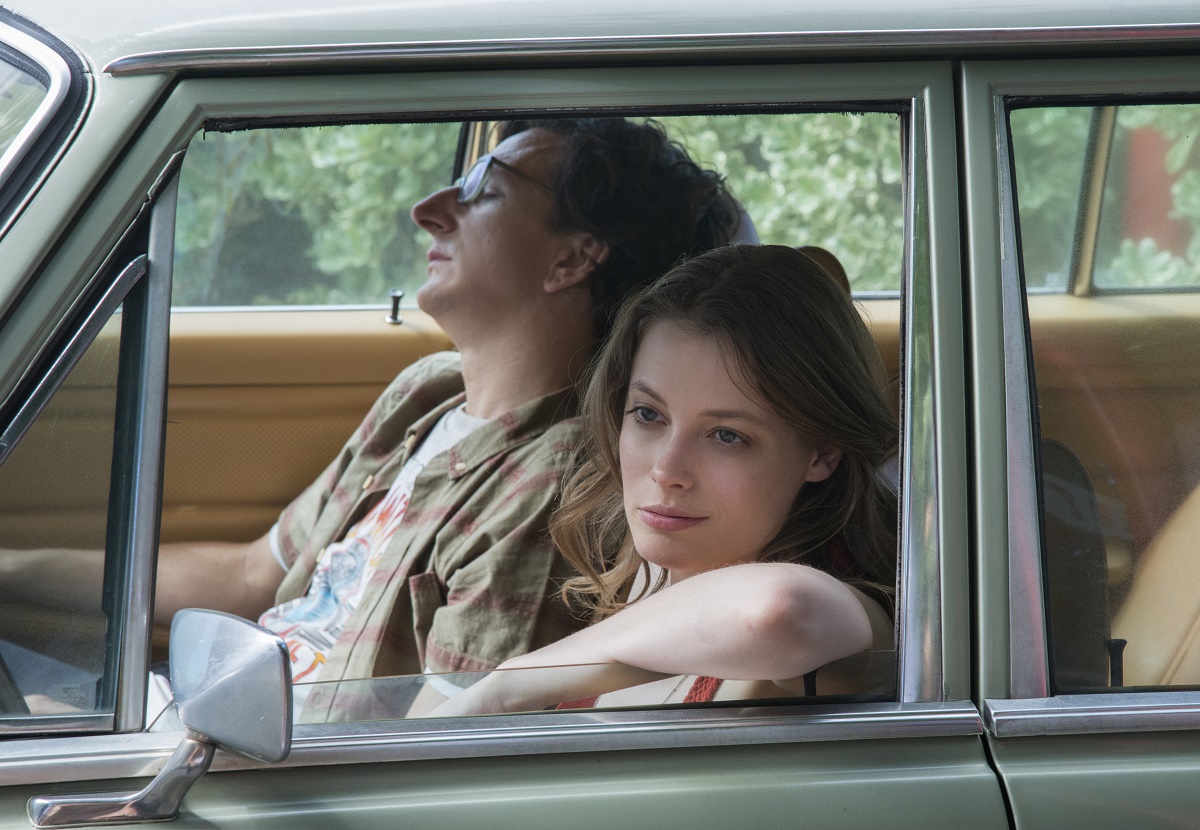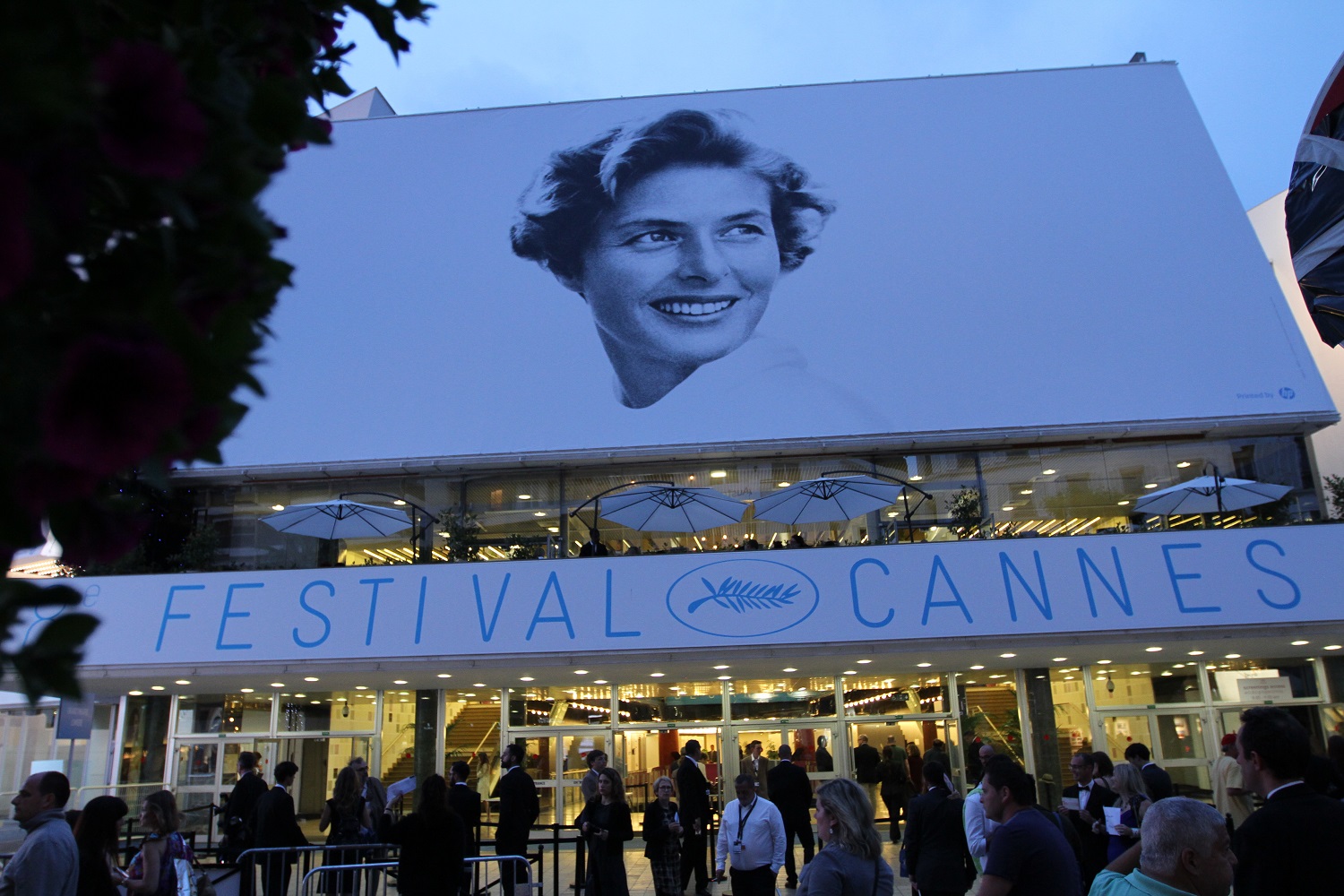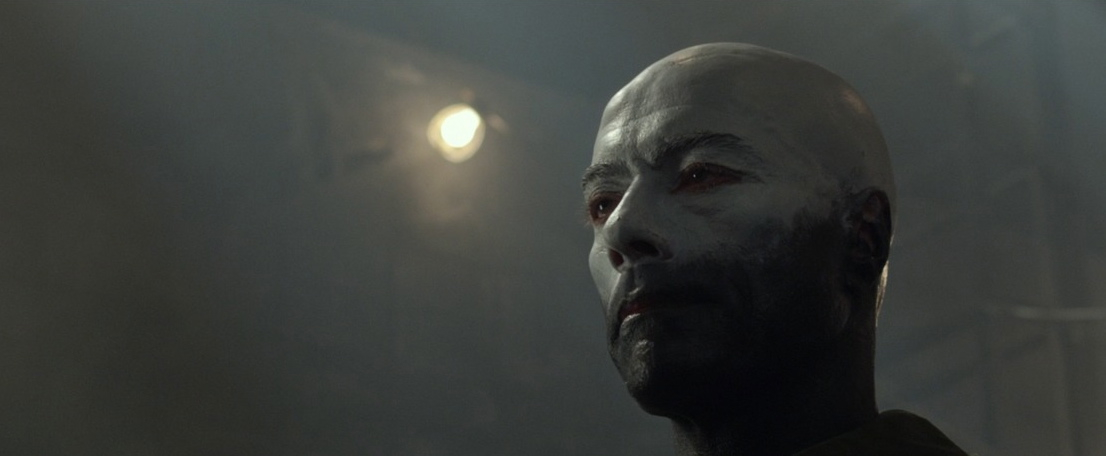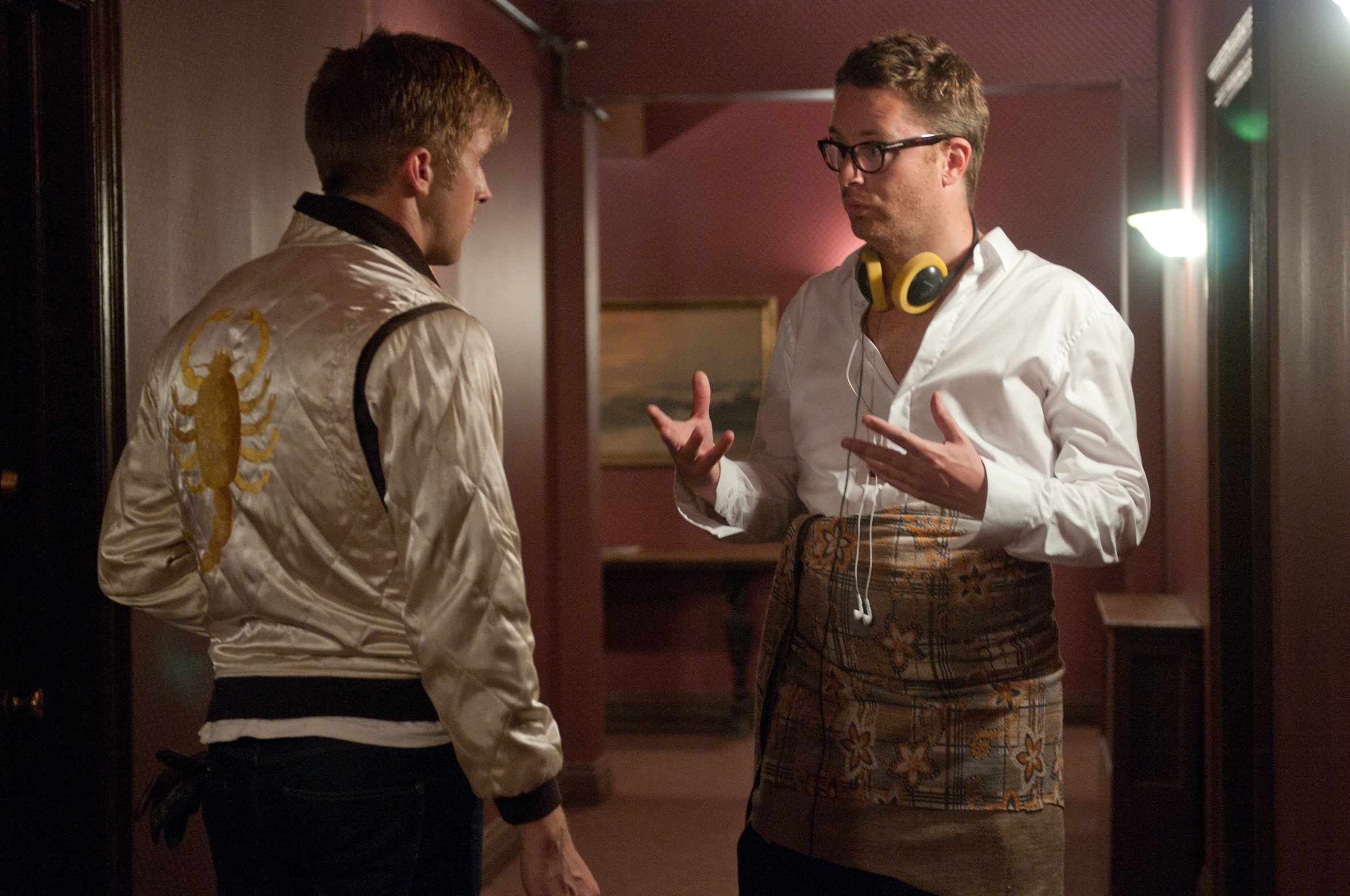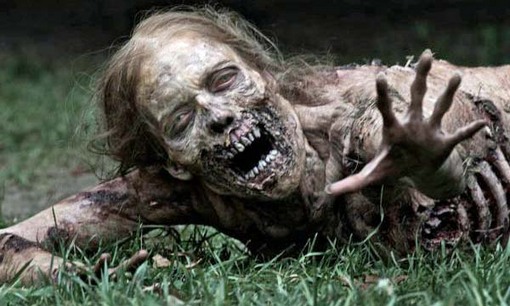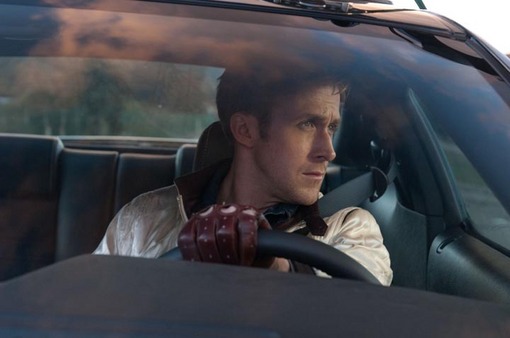Blog Posts That Mention Gaspar Noe
TIFF 2018: The Standoff at Sparrow Creek, Climax, In Fabric, Freaks
Brian Tallerico
Cannes 2015: “Dheepan,” “Love,” “Valley of Love,”
Barbara Scharres
Irreversible: Will he see it or will he pass?
Jim Emerson
Moviehouse on the Edge: IFC Center Picks 20 Films to Commemorate 20 Years in New York
Matt Zoller Seitz
Home Entertainment Guide: June 2023
Brian Tallerico
Venice 2019: The King, About Endlessness, Babyteeth
Glenn Kenny
Venice Film Festival Preview 2019
Glenn Kenny
Cannes 2019: Mektoub, My Love: Intermezzo, Sibyl, It Must Be Heaven
Barbara Scharres
Cannes 2018: Table of Contents
The Editors
Romance Isn’t Easy For “Love,” “Togetherness” and “Girls”
Brian Tallerico
Barbara Cannes 2015
The Editors
Thumbnails 5/26/15
Matt Fagerholm
Fresh blood: Three Great Directors of Direct-to-Video Action
Steve Erickson
“Art is an act of violence.” An interview with Nicolas Winding Refn
Simon Abrams
5/14: Swanky 3-D goggles for the chic cineaste
Barbara Scharres
From zombies to Pasolini: Movies as schoolyard dares
Jim Emerson
Scanners’ Exploding Head Awards 2010
Jim Emerson
The Return of the Autobiographical Dictionary of Film
Jim Emerson
“I saw a Rohmer film once…”: The truth behind the Night Moves meme
Jim Emerson
Drive: An under-the-hood manual
Jim Emerson
Your User’s Guide to Movie Violence
Jim Emerson
TIFF #1: Darwin, Herzog, the Coens and the Antichrist
Roger Ebert
Movie Answer Man (03/23/2003)
Roger Ebert
Popular Reviews

The best movie reviews, in your inbox


